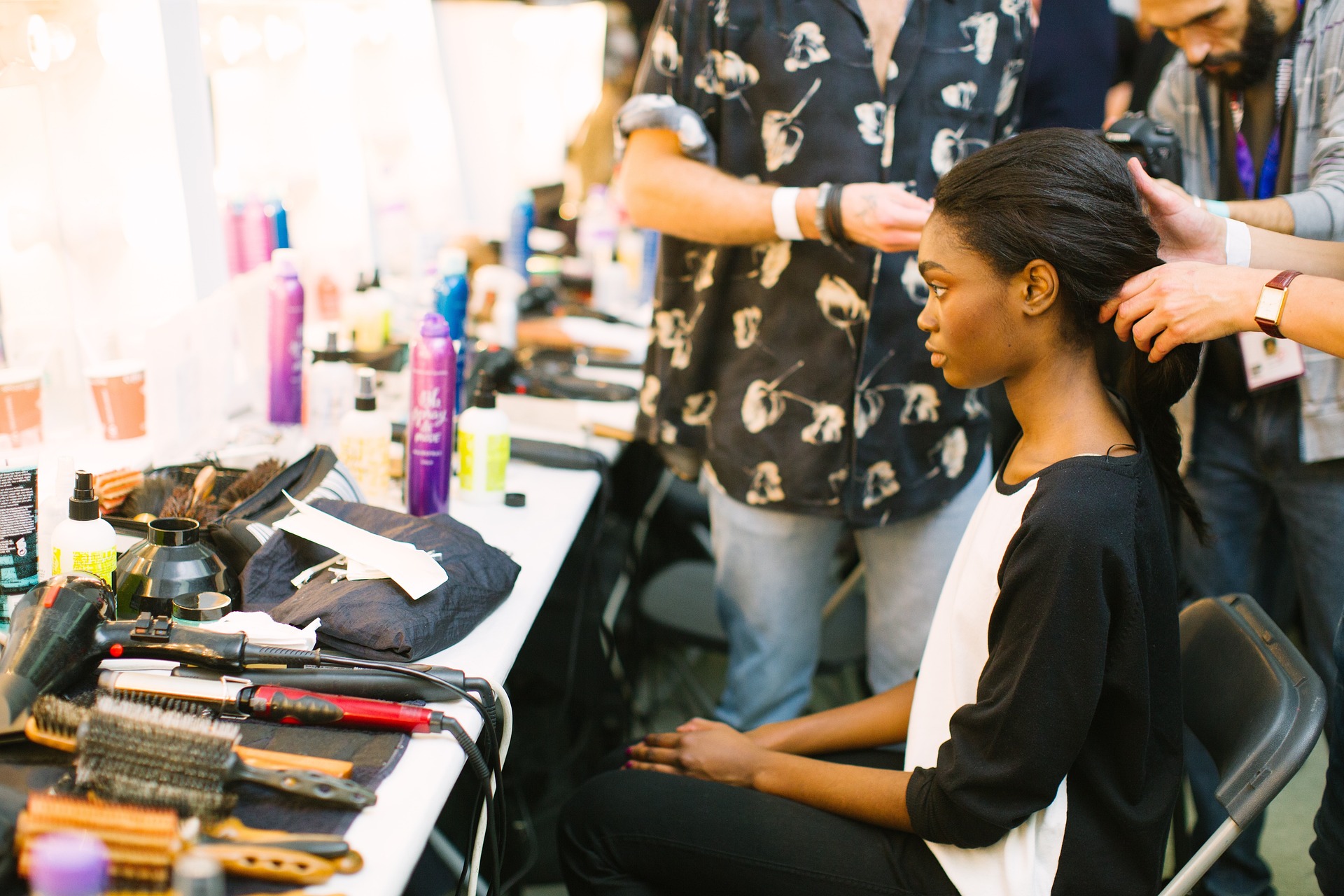What You Should Know Before Enrolling in a Makeup School
Makeup schools offer a structured way to explore the world of cosmetics, from application techniques to hygiene standards. This article provides an overview of what these programs typically include, the differences between short workshops and long-term training, and how to evaluate a school’s curriculum. It’s intended for those curious about developing skills in beauty artistry, whether for personal interest or future career opportunities.
What is a makeup artist certification?
A makeup artist certification is a formal recognition of your skills and expertise in the field of makeup application. These certifications are typically awarded upon completion of specialized training programs or courses. They serve as proof of your proficiency and can be a valuable asset when seeking employment or building your client base. Makeup artist certifications cover a wide range of techniques, from basic application to advanced special effects, and often include instruction on skincare, color theory, and product knowledge.
Why should you consider professional makeup courses?
Professional makeup courses offer numerous benefits for aspiring makeup artists. These structured programs provide comprehensive training in various aspects of makeup artistry, from foundational skills to advanced techniques. By enrolling in professional courses, you gain access to experienced instructors, hands-on practice, and industry-standard equipment. Additionally, these courses often cover business aspects of the profession, such as client communication and portfolio development, which are crucial for success in the field.
What are the key steps to become a makeup artist?
Becoming a makeup artist involves several key steps:
-
Develop your skills: Start by practicing on yourself and friends, experimenting with different looks and techniques.
-
Build a portfolio: Document your work through high-quality photographs to showcase your abilities.
-
Invest in quality tools and products: Assemble a professional kit with a range of makeup essentials.
-
Pursue education: Enroll in makeup courses or attend workshops to refine your skills and learn industry standards.
-
Gain experience: Seek internships, apprenticeships, or entry-level positions to build your resume.
-
Network: Connect with other professionals in the industry and join makeup artist associations.
-
Stay updated: Continuously learn about new trends, techniques, and products to remain competitive.
How do beauty schools differ from makeup academies?
While both beauty schools and makeup academies offer training in makeup artistry, there are some key differences:
Beauty Schools: - Offer a broader curriculum covering various aspects of cosmetology - Often lead to state licensure in cosmetology - May include training in hair styling, skincare, and nail care - Typically longer programs, lasting several months to a year
Makeup Academies: - Focus exclusively on makeup artistry - Offer specialized courses in specific areas like bridal, editorial, or special effects makeup - Generally shorter programs, ranging from a few weeks to several months - May not lead to state licensure but provide industry-recognized certifications
What career opportunities are available for certified makeup artists?
Certified makeup artists have a wide range of career opportunities available to them. Some popular paths include:
- Bridal and special event makeup
- Film and television makeup
- Theater and stage makeup
- Fashion and editorial makeup
- Retail cosmetics counter artist
- Makeup educator or instructor
- Freelance makeup artist
- Social media beauty influencer
- Product development for cosmetic brands
- Special effects makeup for film and theater
How much does it cost to become a certified makeup artist?
The cost of becoming a certified makeup artist can vary significantly depending on the type of program, its duration, and the institution offering it. Here’s a comparison of some popular makeup artist certification options:
| Program | Provider | Duration | Cost Estimation |
|---|---|---|---|
| Makeup Artistry Certificate | Aveda Institute | 4 weeks | $3,500 - $4,500 |
| Professional Makeup Artist Program | Make Up For Ever Academy | 12 weeks | $9,000 - $11,000 |
| Master Makeup Artistry Course | QC Makeup Academy | Self-paced (online) | $1,500 - $2,500 |
| Certified Makeup Artist Program | Makeup Designory (MUD) | 12 weeks | $8,000 - $10,000 |
| Complete Makeup Artist Course | Cinema Makeup School | 20 weeks | $12,000 - $15,000 |
Prices, rates, or cost estimates mentioned in this article are based on the latest available information but may change over time. Independent research is advised before making financial decisions.
In conclusion, becoming a certified makeup artist requires dedication, creativity, and a commitment to continuous learning. By investing in your education through professional courses and certifications, you can build a strong foundation for a successful career in the dynamic world of makeup artistry. Whether you choose to specialize in a particular area or explore various facets of the industry, the skills you acquire will open doors to exciting opportunities in this ever-evolving field.
The shared information of this article is up-to-date as of the publishing date. For more up-to-date information, please conduct your own research.





